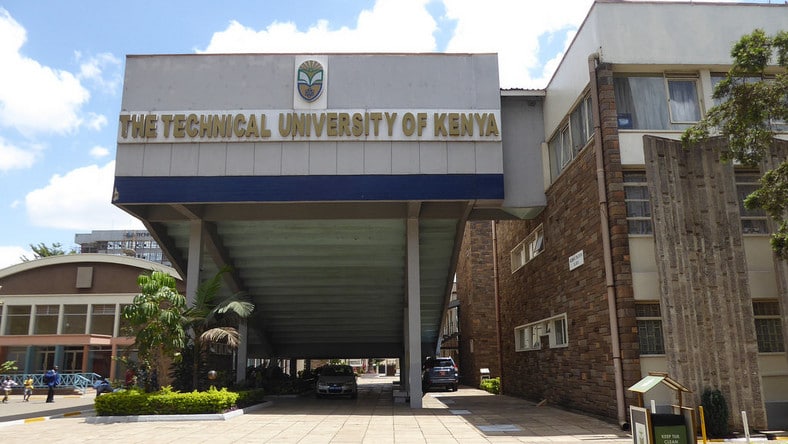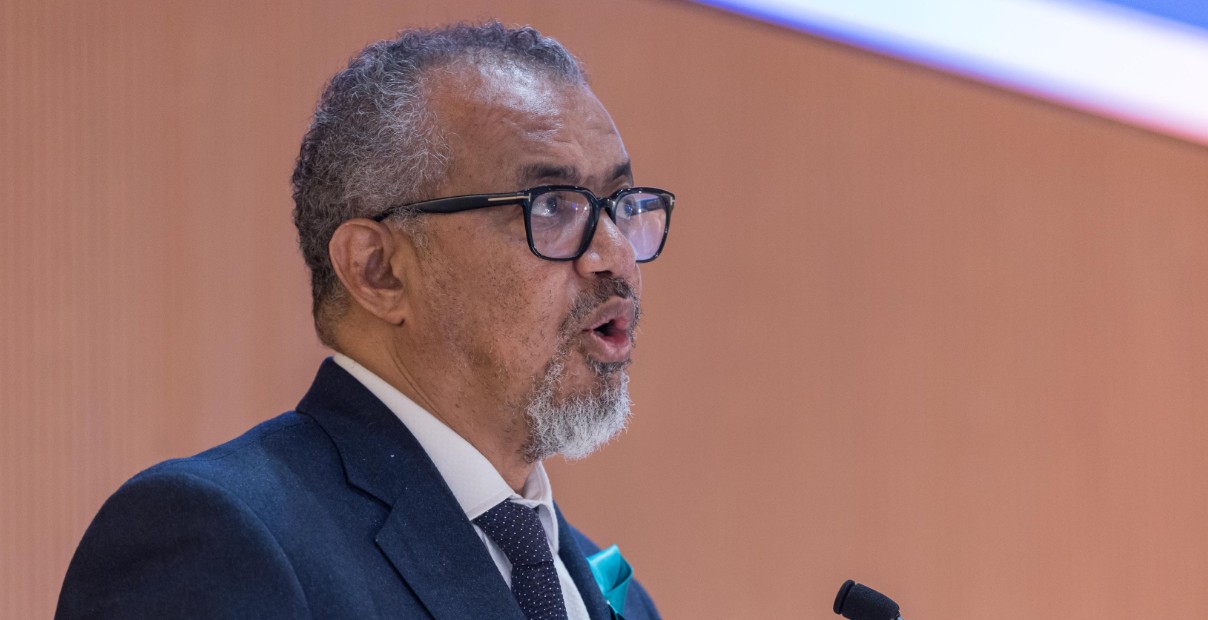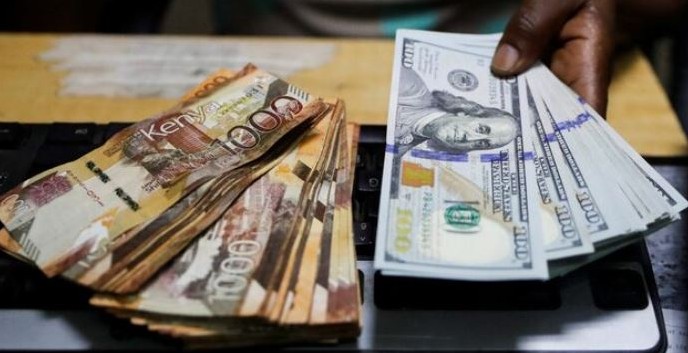TUK declared insolvent as Parliament orders forensic audit into Sh12bn debt

The MPs sitting on the committee, chaired by Bumula MP Wanami Wamboka, ordered an immediate forensic audit of the university’s finances dating back to 2013. The Auditor General has been given three months to complete and submit the findings.
The Technical University of Kenya (TUK) has officially been declared financially insolvent by the National Assembly, as fresh revelations expose deep-rooted mismanagement and a staggering Sh12 billion debt burden that has crippled the institution.
This comes amid shocking disclosures that no employee at TUK has received a full salary since 2013, the same year the institution received its charter and full university status.
More To Read
- Government unveils CBE to replace CBC, promising skills-focused learning and 100pc transition
- MPs demand rescue plan for struggling HELB, Jomo Kenyatta Foundation
- CBC system: Uncertainty looms for Grade 9 learners amid school choice delays
- Parents to start paying exam fees from next year as government ends decade-long waiver
- Varsities' financial crisis: Treasury proposes budget cuts for Moi, Egerton and TUK amid wage woes
- Education Ministry nullifies UoN leadership shake-up over legal breaches, reinstates VC Hutchinson
“Since 2013, to tell the truth, no TUK employee has received a full salary,” TUK Deputy Vice Chancellor Benedict Mutua admitted while appearing before the Public Investments Committee on Governance and Education.
The MPs sitting on the committee, chaired by Bumula MP Wanami Wamboka, ordered an immediate forensic audit of the university’s finances dating back to 2013. The Auditor General has been given three months to complete and submit the findings.
“There is more than meets the eye. The committee directs that a forensic audit be carried out within three months, starting from 2013,” Wamboka said.
The institution’s financial woes have seen staff go months without pay, statutory deductions left unremitted and a complete breakdown of the pension scheme. Over Sh5 billion meant for staff pensions remains unaccounted for.
Mutua revealed that the university is buckling under a monthly wage bill of Sh270 million, far beyond its monthly government allocation of Sh63 million.
“Our biggest challenge is having too many staff. The government gives us Sh63 million monthly, but we need Sh270 million to cover salaries,” he said.
“The first step we are taking is staff rationalisation within each department by reviewing the teacher-student ratio. We are looking at a Sh3.4 billion wage bill, which we are working to reduce.”
Former TUK Vice Chancellor Francis Oduol attributed the crisis to systemic underfunding and the differentiated unit cost (DUC) model used to allocate government funds to public universities.
“Since 2013, we’ve been experiencing financial difficulties. We have never fully paid the statutory deductions; what we’ve had is a partial payment plan,” Oduol said.
However, the committee was not convinced. Chairperson Wamboka dismissed the justification, saying the DUC model is uniformly applied across all 66 public universities in Kenya.
“The differentiated unit cost funding model is not unique to TUK. If it’s about the model, then all institutions would be in crisis. It cannot be the only reason,” Wamboka noted.
Former Deputy Vice Chancellor Francis Oduor further conceded, “I honestly can’t remember the last time we remitted deductions… to be honest, we haven’t paid any since the university became a fully chartered institution.”
The committee now wants the Ministry of Education and TUK’s top leadership to appear before Parliament and chart a sustainable path forward.
“We will issue directives on how the university should be run after a meeting with the Ministry of Education. There is no academic excellence at TUK given the current state of affairs,” Wamboka said.
According to a recent Auditor General’s report, TUK is among 23 public universities flagged for financial instability. Its unpaid bills had reached Sh11 billion as of June 30, 2024.
The ongoing crisis threatens to completely paralyse the university, with MPs warning that unless urgent interventions are made, TUK risks total collapse.
Top Stories Today













































